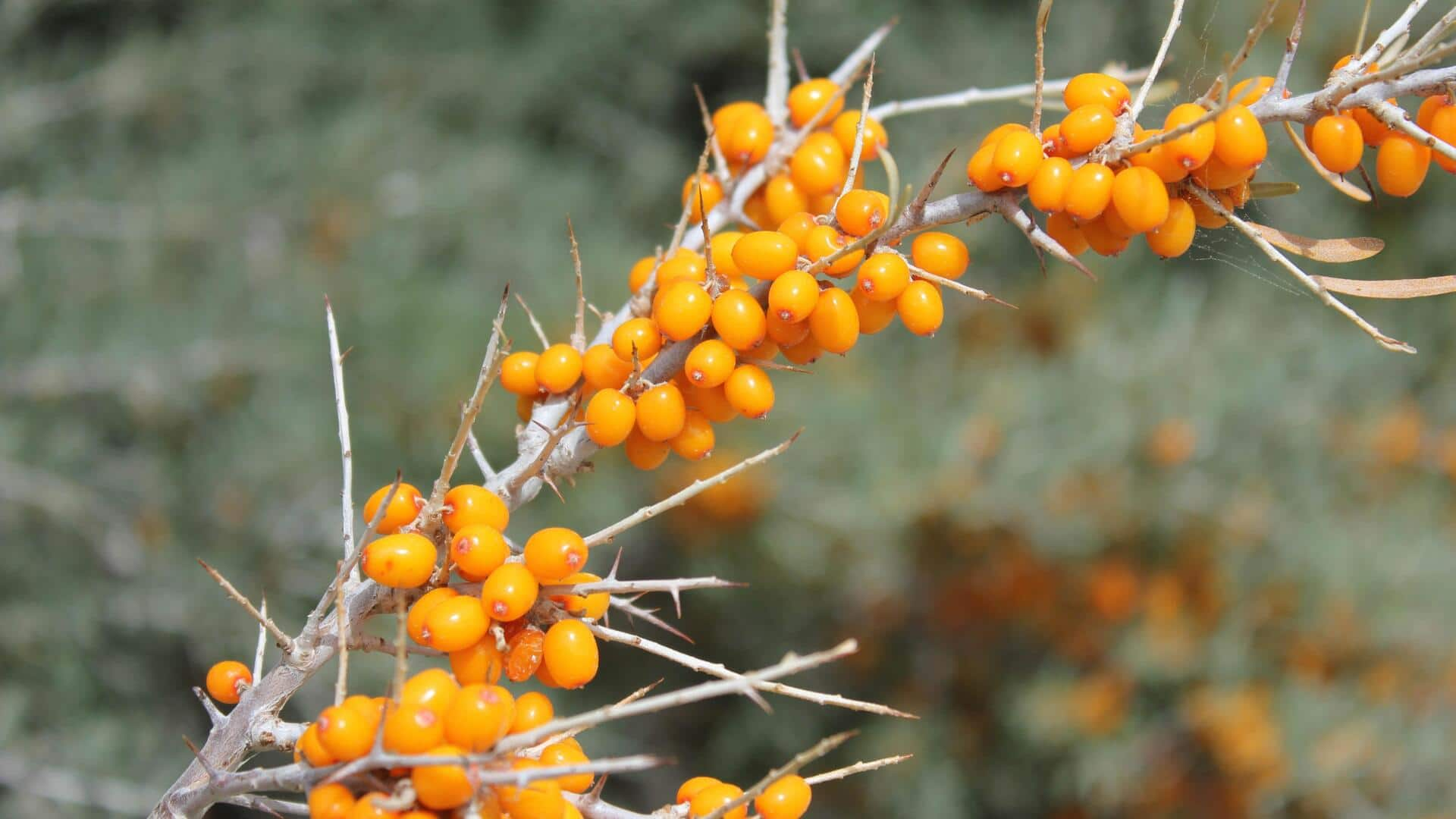
NASA is growing Ladakh's superfoods in space: Here's why
What's the story
Seeds of seabuckthorn and Himalayan buckwheat from Ladakh have been sent to the International Space Station (ISS) as part of a NASA experiment. The study, led by US-based bioastronautics company Jaguar Space, aims to see how these nutrient-rich seeds react in microgravity conditions. The research is part of a larger effort involving seeds from 11 countries across five continents, all aimed at advancing space agriculture and global food security.
Mission details
Seeds sent on NASA's Crew-11 mission
The seeds were sent to the ISS on NASA's Crew-11 mission, which docked with the ISS on Saturday. They are part of a payload called "Emerging Space Nation's Space for Agriculture & Agriculture for Space." The seeds will remain in microgravity conditions for a week before being returned later this month. They were sourced by Bengaluru-based space start-up Protoplanet and upon return from space, the seeds will be studied by Indian researchers.
Research objectives
Study to understand how different seeds respond to space environment
The study, according to Jaguar Space, looks at how seeds respond to the unique stresses of the space environment before germination. It focuses on fundamental processes such as gene activation and metabolic pathways needed for germination. This experiment opens up the possibility of using previously untested species in future space agriculture projects. Other seeds used in this experiment were sourced from countries such as Maldives, Argentina, Brazil, Costa Rica, Guatemala, Nigeria, Armenia, Egypt, and Pakistan.